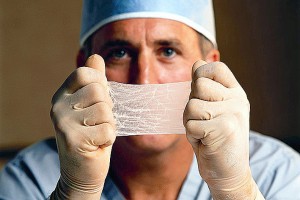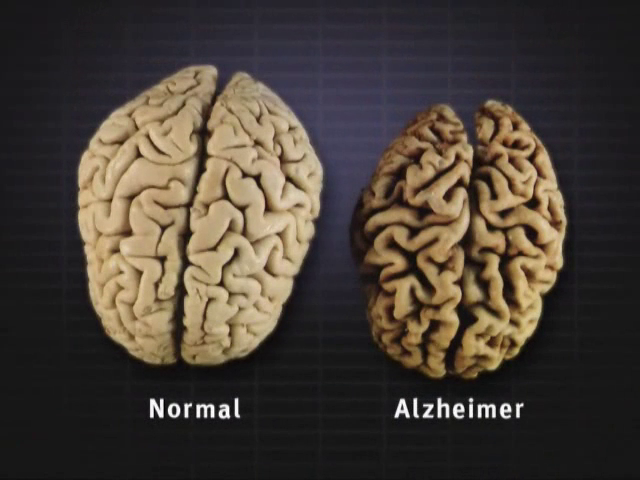A new type of sensor could lead to artificial skin that someday helps burn victims ‘feel’ and safeguards the rest of us, University of Connecticut researchers suggest in a paper in Advanced Materials. Our skin’s ability to perceive pressure, heat, cold, and vibration is a critical safety function that most people take for granted. But burn victims, those with prosthetic limbs, and others who have lost skin sensitivity for one reason or another, can’t take it for granted, and often injure themselves unintentionally. Chemists Islam Mosa from UConn, and James Rusling…
Read MoreAuthor: Tom Patriot
Snap-on – VS – Harbor Freight ( ICON ) 1/2″ Torque Wrenches
Biggest ever map of human Alzheimer’s brain
A study of the differences between healthy brains and those with Alzheimer’s Disease has produced largest dataset of its type ever. And the data, developed by a team of researchers led by Dr Richard Unwin at The University of Manchester, is now freely available online for any scientist to use. The team included researchers from the Universities Manchester, Bristol, Liverpool and Auckland. The development is an important advance for scientists researching Alzheimer’s. The team also show that one region of the brain previously thought to be unaffected by the disease,…
Read MoreSarah Silverman Says Her Male Doctor Used Bare Hands to Apply Gel to Her Breasts During an Ultrasound
Sarah Silverman isn’t afraid to speak up for herself, and that’s exactly what she did at a recent doctor’s appointment that made her seriously uncomfortable. The 48-year-old comedian took to Instagram shortly after the experience to say she’ll never be getting a mammogram from a male doctor ever again. In a post on Wednesday, Silverman explained that she had to get a mammogram, x-ray, and ultrasound because she has dense breasts, which means she has more supportive (or dense) tissue than fatty tissue, and that makes cancer screening more difficult. The radiologist did a few things that made…
Read MoreExcessive weight gain in early childhood affects teenage heart health
Excessive weight gain in children under two years can lead to cardiovascular and metabolic risk factors in teenage years including increased cholesterol, being overweight and having fat around the middle, finds new research from the University of Sydney. Obesity and cardiovascular risk factors in childhood and adolescence are associated with increased risk of cardiovascular disease in adulthood, the leading cause of death in Australia. Published today in The Journal of Paediatrics, the study tracked the Body Mass Index (BMI) of children from birth to 14 years and found that earlier onset…
Read More




